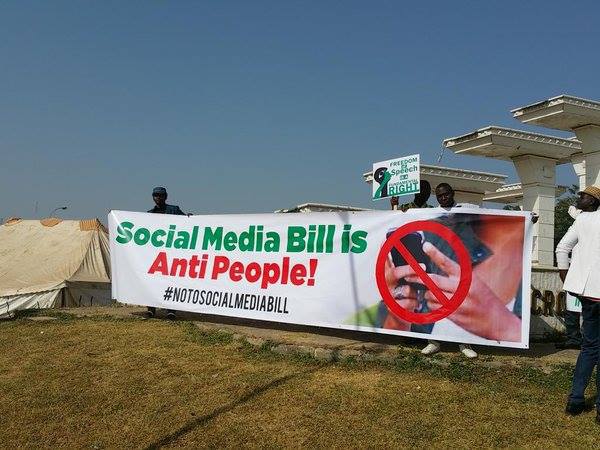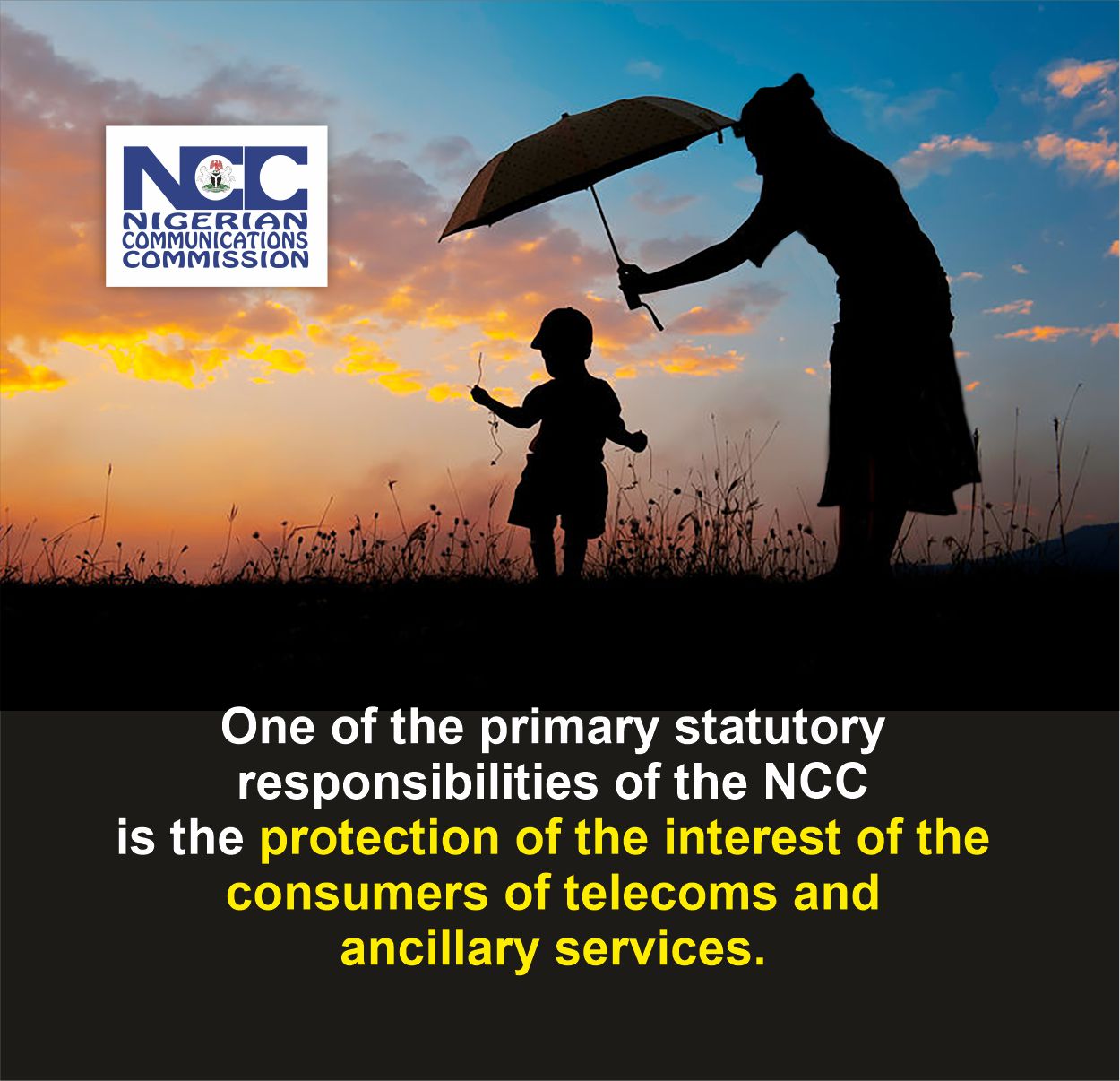Strong indication emerged Thursday in Daura, the Katsina State capital, signaling fresh move by the telecoms regulator, the Nigeria Communications Commission (NCC) to introduce again, a law that will regulate the social media platforms.
Raising the already dead issue, the NCC Controller in charge of Kano zone, Mr. Tanimu Bawa argued that the misuse of the social media needed to be checked and regulated, adding that the platforms must be censored to ensure peace and stability in the polity.
NCC averred that it will partner with the National Assembly to introduce the regulation.
Business Hilights recalls that in December 2015, such move was made by the Nigerian Senate, but a presidential pronouncement powered by massive nationwide protest collapsed the legislation leading to the abandonment of the enactment.
In 2015, the Frivolous Petitions Bill, generally described as anti-social media bill introduced as “Bill for an Act to Prohibit Frivolous Petitions and Other Matters Connected Therewith,” sponsored by an All Progressives Congress (APC) senator from Kebbi State, Bala Ibn Na’Allah, sought to regulate the practice of social media in the country.
The sponsor said the bill’s intendment was to prevent unwarranted negative spotlight on public and political office holders. But the bill became the subject of a heated debate, as media practitioners and organs roundly rejected it as a masked media gag.
A group of protesters, including broadcasters, new media entrepreneurs and civil society activists, on Tuesday, December 7, 2015, staged a peaceful protest to the National Assembly complex to register their opposition to “the Frivolous Petitions and other related matters Bill” proposed by the Senate.
The proposed law seeks to impose heavy punishment on anybody who “falsely” criticise government officials and institutions.
After the bill passed second reading during the first week of December, the Nigerian Senate came under severe public criticism. The senate claims the bill will not suppress free speech.
This powered President Muhammadu Buhari to make it clear that within the period of the nationwide protest that he will not approve any law that violates constitutionally-guaranteed freedom of speech and expression.
The protesters, led by Aisha Yusuf, Anthony Ehilebo, Ariyo Atoye, Mukhtar Daniyan, and Ahmad Isa, popularly called Ordinary Ahmed, insisted that the bill was targeted at gagging the media.
Some of the placards carried by the protesters read: “#Notosocialmediabill”, “#NotoGagLaws”, “#Ourrighttofreespeech” “#Freedomisourright”.
The protesters were allowed into the National Assembly complex, unlike in the past when protesters were stopped at the first gate.
They were addressed by senators Shehu Sani (APC-Kaduna State) and Eyinnaya Abaribe (PDP-Abia State).

Addressing the lawmakers and journalists, Mr. Ahmed said, “We voted you all in and you all used the social and conventional media…now you are in the house you now feel the same medium should be clamped down.
“There are so many things spanning across health and educational sectors to attend to rather than this wuru wuru bill.
“People are dying on a daily basis because of the poor medical and health facilities
“We shall call them back if this is their plans for us and replace them with people who can defend us.
“We are disappointed with the likes of Ibn N’allah and Dino Melaye
“We are disappointed in our senate; they promised us open NASS now they want to shut us up.
“We have over 1 million IDPs, unemployment challenges.
“Nigerians are very disappointed with the 8th senate.
“Our senators should know that Nigerians are in a state of emergency.”
Responding, Mr. Sani said, “We fully assure you that we are going to take your message that Nigerians are saying “NAY!!!!” to this bill.
“It is not possible to fight corruption without freedom of speech.
“The views you are here to express is heard all over the world and we fully assure you that this is not the end of it.
“We fully assure you that the senate will do everything within its power to address your cries,” he said.
Mr. Abaribe also corroborated Mr. Sani’s assurance that the Senate would not introduce any law suppressing free speech.
However, in deference to the public outrage and protests that followed, the senate on December same year withdrew the controversial bill.
This followed the report of its Committee on Human Rights and Legal Matters submitted by Senator David Umar.
Beyond the withdrawal of the anti-social media bill, however, it is impossible to overlook the sense of indignation with which Nigerians regarded the vexatious bill. The bill sought to make it an offence for any petition to be submitted without a sworn affidavit from the law court.
The bill specified, “Where any person in order to circumvent this law makes any allegation and/or publishes any statement, petition in any paper, radio, or any medium of whatever description, with malicious intent to discredit or set the public against any person or group of persons, institutions of government, he shall be guilty of an offence and upon conviction, shall be liable to an imprisonment term of two years or a fine of N4, 000,000.00.”
Regarding the social media, the bills stated, “Where any person through text message, tweets, WhatsApp or through any social media posts any abusive statement knowing same to be false with intent to set the public against any person and group of persons, an institution of government or such other bodies established by law, shall be guilty of an offence and upon conviction, shall be liable to an imprisonment for two years or a fine of N2, 000,000.00 or both fine and imprisonment.”
The bill was generally seen, and rightly too, as an affront to free speech, an audacious attempt to gag the media. Laudably, the Umar report reflected this feeling. The report pointed out that the bill was a violation of citizens’ rights, a contradiction of existing laws, an unjust imposition of the responsibility of investigation on petitioners, and a stumbling block to the anticorruption war. In a country where corruption is rife, and the powerful break the law with impunity, enacting legislations like the Frivolous Petitions Bill would be tantamount to allowing full rein to the principle that might is right. The senate has done well by jettisoning that attempt to narrow the frontiers of democracy.









